The world will need
natural gas for a long time and more investment is required to
ensure supply security and affordable prices during the global
energy transition, energy ministers of Qatar and the United Arab
Emirates have said.
Saad Al Kaabi, Qatari state minister for energy, told the
Atlantic Council Global Energy Summit on Saturday that a mild winter in
Europe had seen prices come down, but that volatility would
remain “for some time to come” given that there was not much gas
coming into the market until 2025.
“The issue is what’s going to happen when they (Europe) want
to replenish their storages this coming year and the next year,”
he said, adding that energy producers were concerned about
demand destruction.
Qatar is one of the world’s top producers of liquefied
natural gas.
The UAE is an OPEC oil producer that is sharpening
its focus on the gas market as Europe seeks to replace Russian
energy imports after supply cuts since Western sanctions were
imposed on Moscow over its incursion into Ukraine.
The Qatari minister said he believed that Russian gas would
eventually return to Europe.
READ MORE: Qatar to supply LNG to China for 27 years under world’s ‘longest’ gas deal
New investment needed
UAE Energy Minister Suhail Al Mazrouei, speaking on the same
panel in Abu Dhabi, agreed that “for a very long time, gas will
be there” and that while more renewable energy would be
installed, more investment was needed in gas as a base load.
“The whole world needs to think of resources and how to
enable companies to produce more gas to make it available and
affordable,” Mazrouei said.
Kaabi said gas “is not a transition fuel” but a destination
fuel, and that it was unfair for some in the West as part of its
green energy push to say African countries should not be
drilling for oil and gas when it was important for their
economies and the world needed more supply.
Mazrouei said the “unclear” strategy of many countries made it difficult for them to commit to long-term gas contracts which in turn made it hard for energy companies to secure financing to invest in developing production capacity.
READ MORE: Gas wars: which EU countries will be most affected?

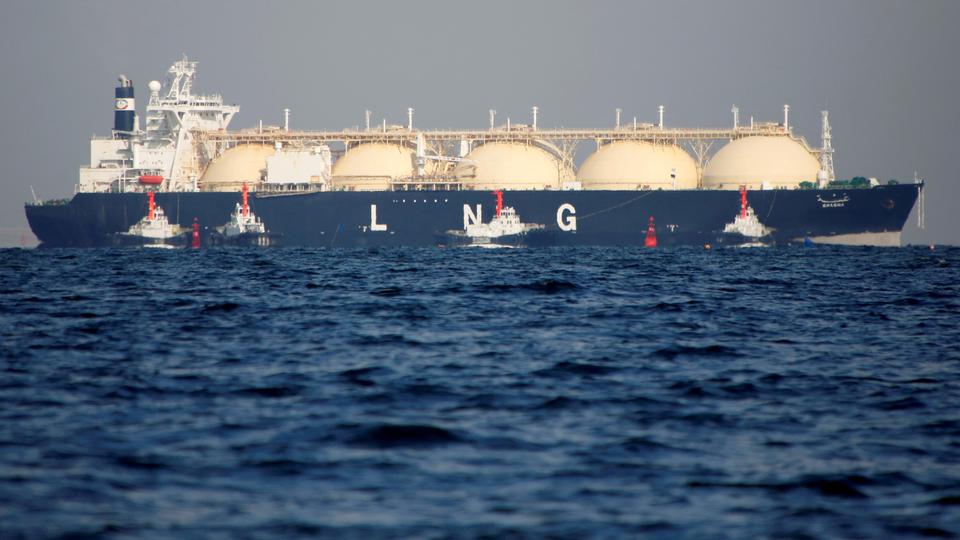



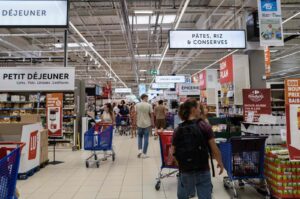
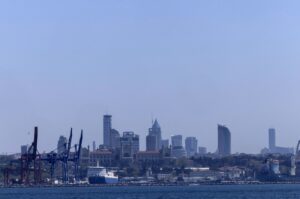


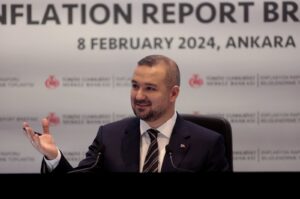
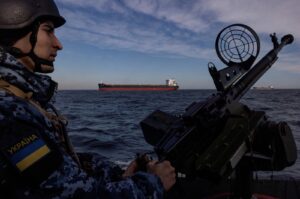







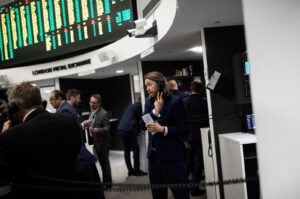
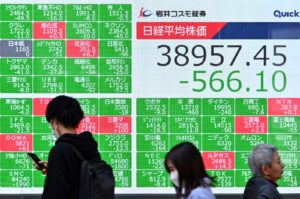



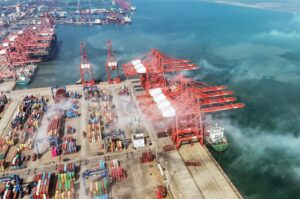

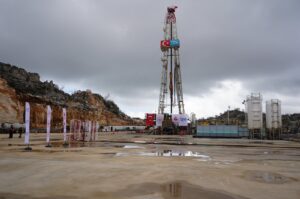
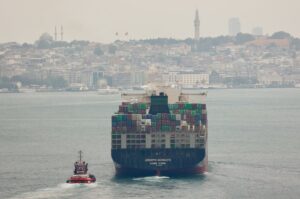


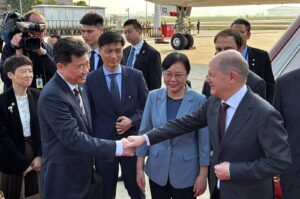
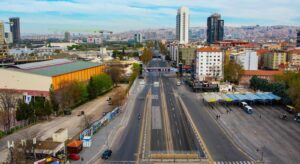
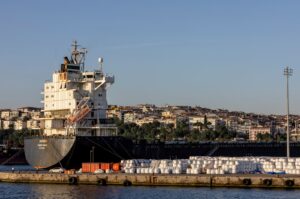


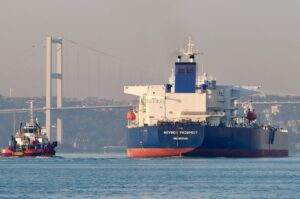

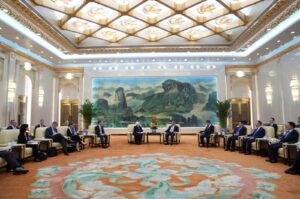
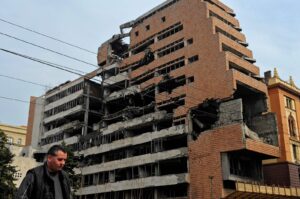


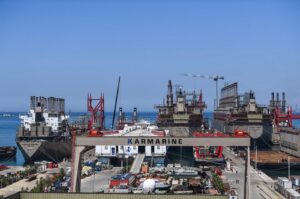


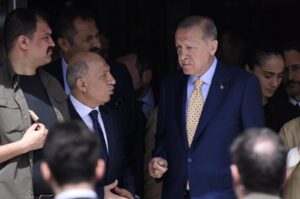


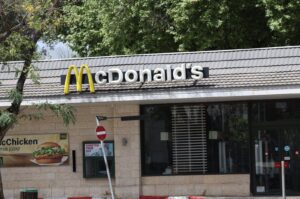
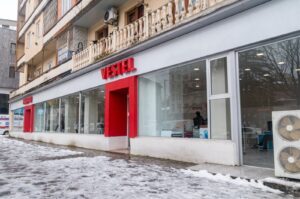
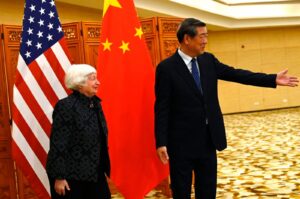


Be First to Comment